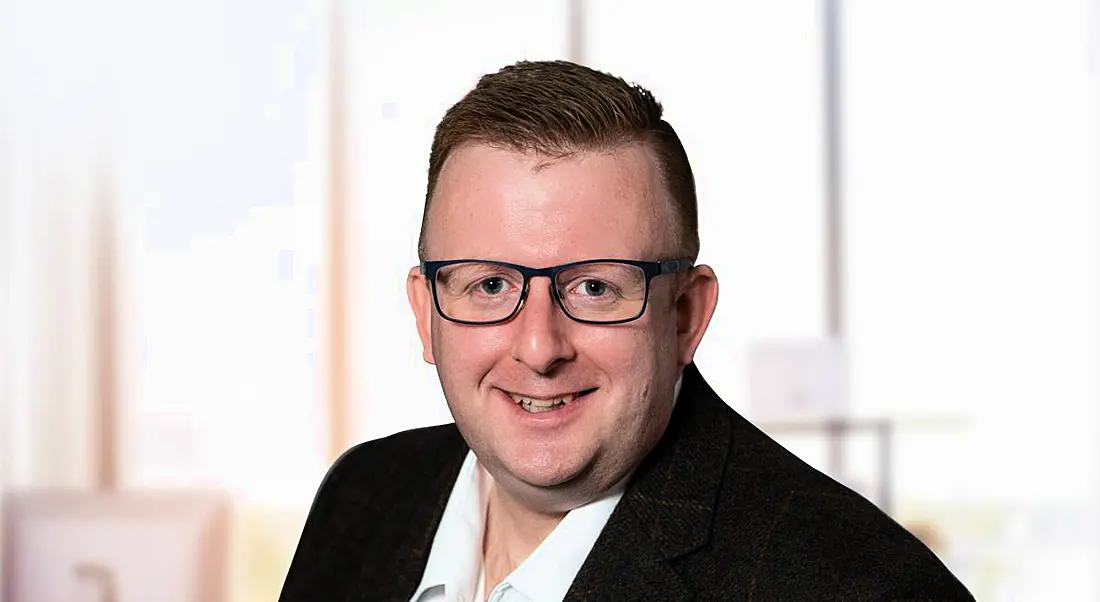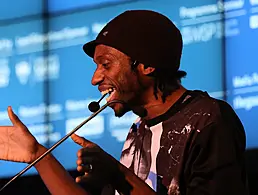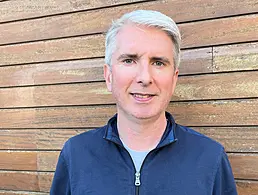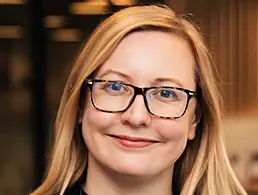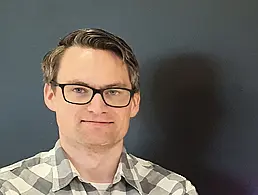Medtech professional Brian Callaghan shares his experience of the industry and how it has changed over the past decade.
Brian Callaghan has been working in the medtech industry for 16 years across a range of roles in quality and compliance. He joined Viatris three years ago and now works as a senior manager in device development assurance.
In his role, Callaghan predominantly works on quality system and compliance-related projects, updating procedures and processes to meet the requirements of new and updated standards and regulations.
He’s also responsible for executing product lifecycle management projects and tasks, such as integrating acquired product documentation into the quality management system and executing reviews of marketed device combination product performance.
‘It’s important to remember to be flexible when changes occur’
– BRIAN CALLAGHAN
If there is such a thing, can you describe a typical day in the job?
Working in a global role across multiple time zones means my day starts by reviewing any time-sensitive emails that might have come in overnight.
This is followed by a daily huddle with my team, which is an occasion for us to touch base, discuss ongoing tasks and workloads and to understand where support or guidance is needed. I make a point of ensuring that everyone has the opportunity to speak and be heard.
I also have weekly one-to-ones with each team member over the course of the week to allow for more in-depth discussions, cover any technical queries, as well as workload planning and development.
What skills do you use on a daily basis?
There are so many! They span from analysing and interpreting policies, standards, regulations and guidances to using my presentation skills, along with people managing, recruiting and onboarding new team members.
I also have to communicate effectively with many different external stakeholders where a lot of the time they are in different countries, with different cultures and time zones to consider.
Because of the size, diversity and global reach of Viatris, communicating, negotiating with, and influencing external stakeholders to achieve best outcomes for the company is something I’ve used much more in this role than I had previously.
What are the hardest parts of your working day?
Because of the dynamic nature of the R&D environment and global device development’s role in supporting medical device and combination product manufacturing and delivery globally, priorities can change very quickly as the working day unfolds.
It’s important to remember to be flexible when changes occur and to reprioritise and keep open channels of communication with teammates and colleagues, so everybody is on the same page with priorities.
What is also important is to make time to concentrate on executing tasks and this is where things like calendar management, one-to-one meetings and workshops are important. For example, setting aside time for collaboration with colleagues on new initiatives or change initiatives because we are always looking to improve and progress forward.
Challenges during the period of the Covid-19 pandemic when a number of us were working from home meant that arrangements were different and for a while achieving a good work-life balance became much harder.
The working day was often interrupted and trying to manage your workload and keep open communications and troubleshooting with a team who were all doing the same, sometimes with a young child or children running around in the background.
I am pleased to say that we are now back together in the office and have adjusted to the ‘new norm’ both at home and at work. Viatris offers a flexible working policy and there are hybrid working options for appropriate roles, which creates the work-life balance that many people have come to value over the last few years.
Do you have any productivity tips that help you through the day?
I think it’s important to proactively and regularly set time aside in your calendar to complete specific tasks if you want to achieve productivity. I check my diary first thing each day and again in the evening, so I’m refreshed on any meetings or calls that I have.
I keep a notebook where I list tasks to be worked on or followed up and I have a handy tearaway weekly planner with a ‘Don’t Forget’ and ‘To Do’ box that I also use for capturing and keeping visibility on those tasks. Microsoft Planner is also good for tracking progress on core activities.
What skills and tools are you using to communicate daily with your colleagues?
Viatris uses Microsoft Teams and it has become a part of my daily life. I’ve had to learn the discipline of respecting people’s status – ie busy means busy, do not disturb means do not disturb – and I have become accustomed to using Teams’ status myself to manage my own time and productivity during the day.
How has this role changed as this sector has grown and evolved?
There’s been a noticeable shift in direction towards quality and compliance specialisation over the past 10 years.
When I started out in the medical device industry there was still a lot of general quality department roles, be they as quality associates or quality engineers. But quality roles can have quite a broad focus and they touch a lot of quality processes from design control, to CAPA [corrective and preventive actions], to change control.
As the industry and companies have grown to keep pace with the speed of innovation in the past 10 to 15 years, quality professional roles have also evolved into much more focused and specialised roles.
What do you enjoy most about the job?
It has to be learning. The opportunities for learning and growth at Viatris are boundless and it’s fair to say I’m learning every single day.
Combination products was a new technology area for me when I first joined the company, as was the fact that the service offering of global device development is in the R&D, design and development (D&D) sphere as opposed to direct manufacturing where I spent all my career before working here.
The exposure to the combination product technology area in the D&D phase has been a learning experience that I really enjoy.
I’ve worked for other companies with a global presence before, but the scale and global reach of Viatris is on a completely different level to what I’ve experienced previously. It has brought me into closer working relationships with much broader and diverse colleagues than I had previously experienced which has been very enjoyable.
Part of the global device development team’s vision is to value adaptability, resilience and diverse insights and I see that happening all the time here. Understanding the need for flexibility and appreciating that everyone’s opinion matters equal happy colleagues!
All of that leads to knowing that I am a part of a highly focused, highly specialised and driven device development team that plays a big role in the delivery of new technology platforms and consequently, affordable medications and therapies to a global patient population.
10 things you need to know direct to your inbox every weekday. Sign up for the Daily Brief, Silicon Republic’s digest of essential sci-tech news.
